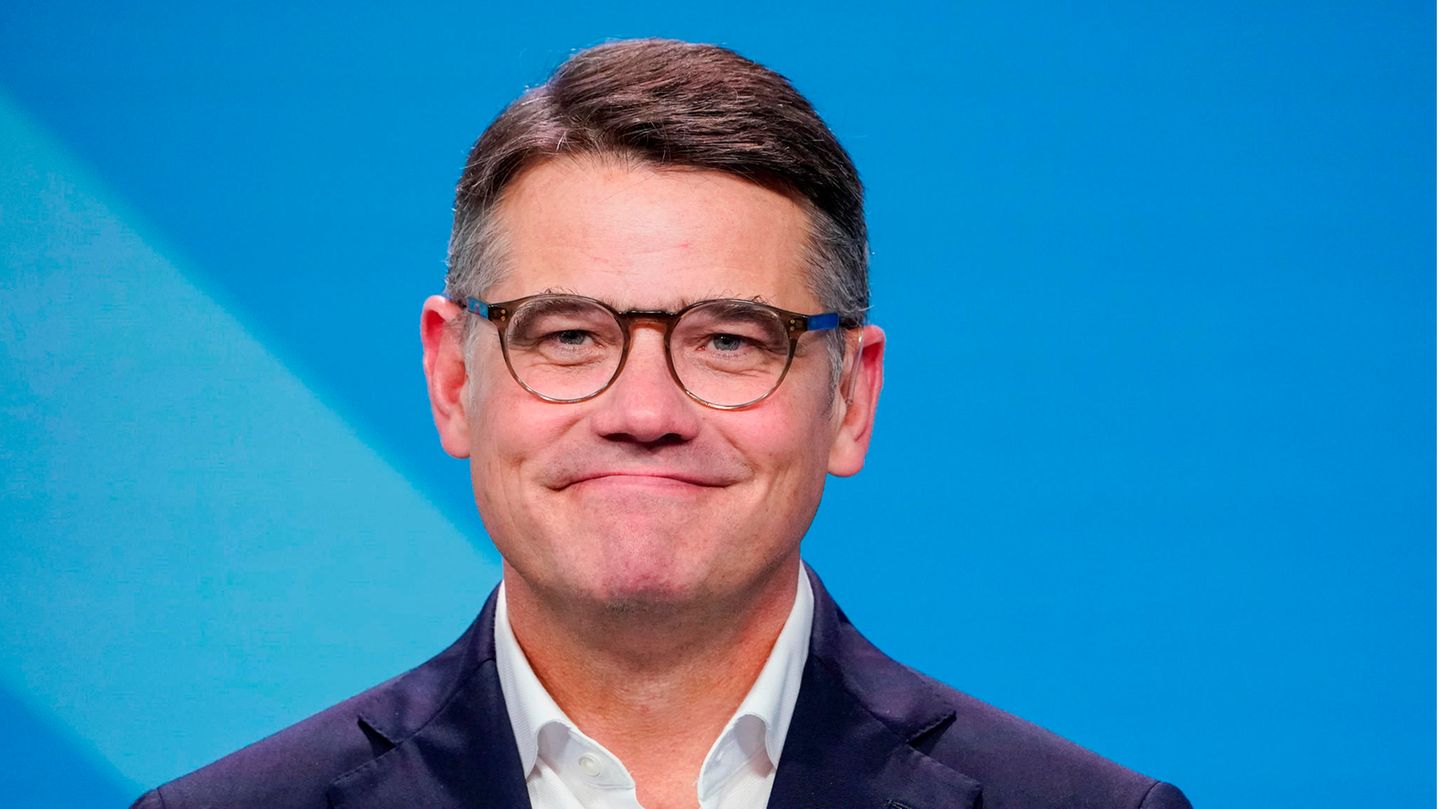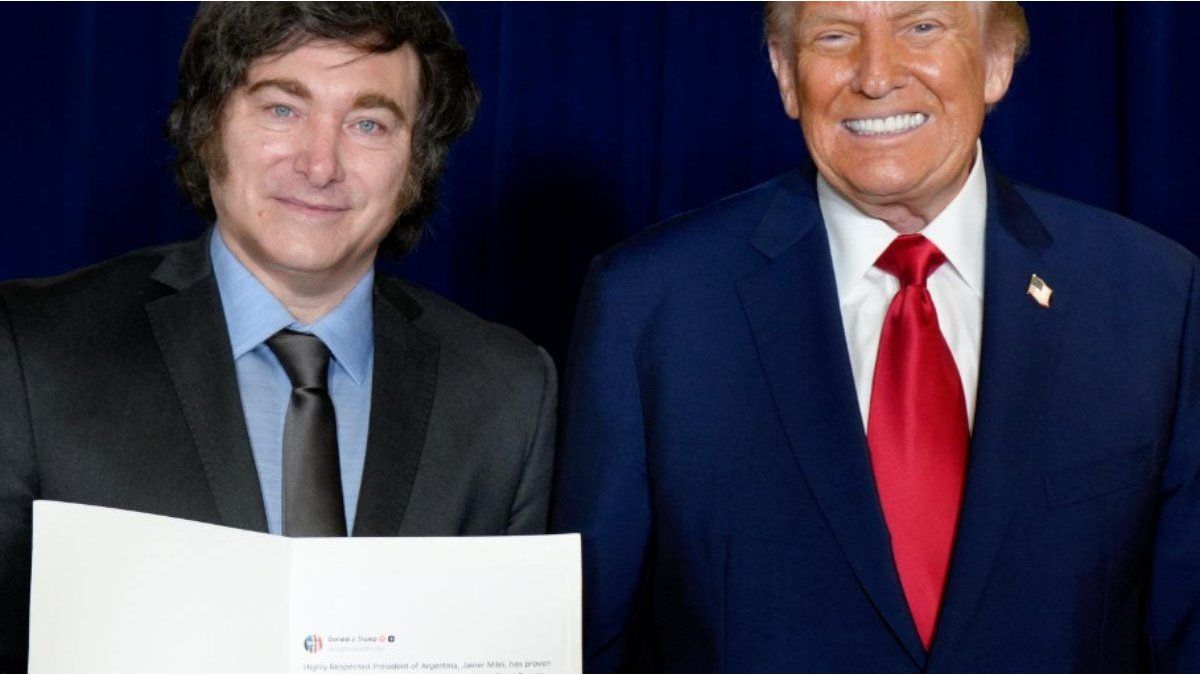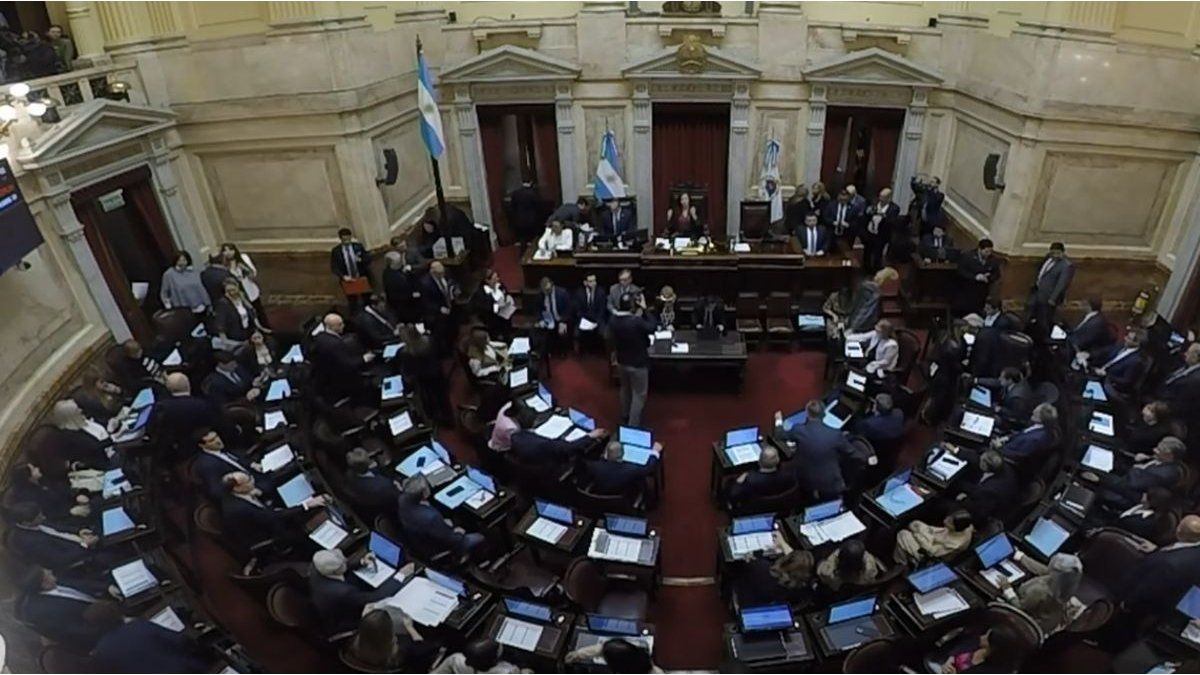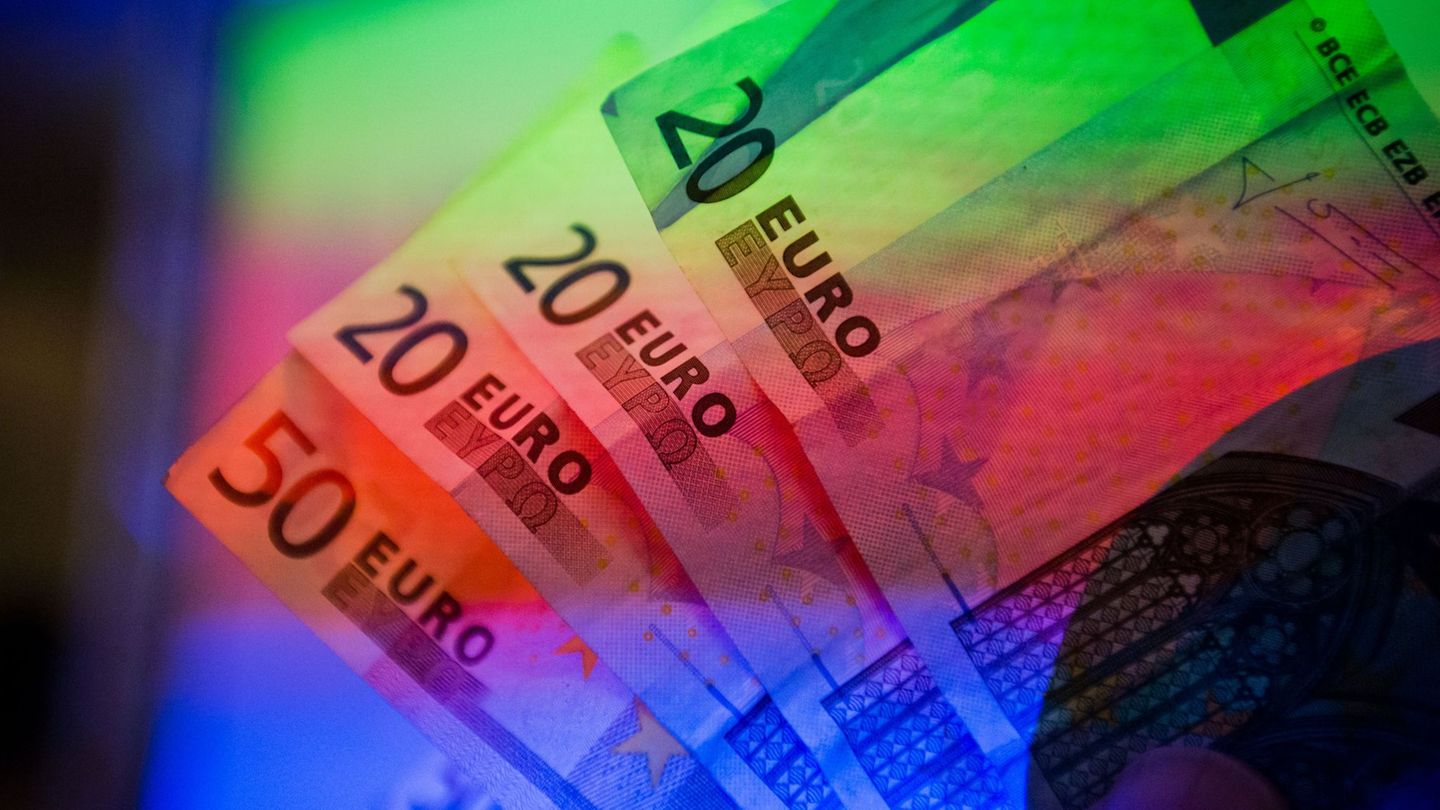In the state elections in Bavaria, the CSU lost percentage points, but Markus Söder can continue to govern. In Hesse, the CDU Prime Minister Rhein wins – and has several options for a coalition.
Big lead for the Union parties, historic setbacks for the SPD and a triumphant AfD: the CSU and CDU have become the strongest force in the state elections in Bavaria and Hesse. According to projections from ARD and ZDF on Sunday evening, the SPD recorded historically poor results in both votes. The right-wing AfD, on the other hand, is significantly stronger than it was five years ago. The Greens lose and the FDP falls dramatically: in Bavaria it misses its return to the state parliament, in Hesse it is on the brink. The Left is unlikely to make it into any of the parliaments.
The government alliances could continue their work in both countries: in Munich the CSU with the Free Voters and in Wiesbaden the CDU with the Greens. The Free Voters are gaining ground in both countries.
Bavaria: SPD achieves worst result
In Bavaria, Prime Minister Markus Söder’s CSU gets 36.4 to 36.6 percent according to projections. This means that the party, which has been the head of government in the Free State for 65 years, falls below its disastrous result from 2018 (37.2 percent). Even then it had fallen by more than ten points. The Free Voters with top candidate Hubert Aiwanger improved significantly to 14.8 to 15.3 percent (2018: 11.6). The Greens lost 14.8 to 15.4 percent and did not come close to their record result of 17.6 percent from 2018. The AfD gains strongly to 16.0 to 16.2 percent (10.2). The SPD, on the other hand, only achieved a meager 7.9 to 8.0 percent (9.7) – their worst result ever in a Bavarian election. The FDP missed entry into parliament with 2.8 to 2.9 percent (5.1). The voter turnout is given as 72.4 to 76.0. In 2018 it was 72.4 percent.
According to projections, the CSU will receive 83 to 84 seats in the Bavarian state parliament. The Free Voters have 33 to 34 seats and the Greens have 33 to 35 seats. The AfD gets 36 seats, the SPD 18.
Despite the rather weak result, Söder sees himself personally vindicated. It was never about a beauty prize. “This clear government mandate is to the CSU,” he told ARD. He announced that he wanted to continue the coalition with the Free Voters – but he rejected the Greens. Free Voters leader Aiwanger said on ZDF that they didn’t want to allow any ambiguities to arise, but instead wanted to “clear the air” within a few days.
The Green Party’s top candidate Ludwig Hartmann expressed satisfaction despite the slight losses. He accused Söder of actually bringing populism back to Bavaria, “which also strengthened the AfD.”
CDU triumphs in state elections in Hesse
According to projections, Prime Minister Boris Rhein’s CDU in Hesse will increase to 33.8 to 34.5 percent (2018 election: 27.0). The SPD, headed by Federal Interior Minister Nancy Faeser, recorded a historically poor result of 15.0 to 15.2 percent (19.8). The Greens, which co-govern with Deputy Prime Minister Tarek Al-Wazir, also lose significantly and end up with 14.9 (19.8). The AfD gains significantly and reaches 18.0 to 18.2 percent (13.1). With exactly 4.9 percent, the FDP has to worry about failing at the five percent hurdle. Your entry into the state parliament is uncertain. The Left slips to 3.1 to 3.3 percent (6.3). She has to leave parliament in Wiesbaden. The Free Voters get 3.5 to 3.6 percent (3.0). Voter turnout is reported to be 65.5 to 65.6 percent – less than 67.3 percent in 2018.
According to projections, the CDU, which has been in power for almost 25 years, will receive 46 to 54 seats in the Hessian state parliament. The SPD has 20 to 25 seats and the Greens has 20 to 24 seats. The AfD gets 24 to 29 seats. This would make it possible to continue the black-green coalition that has been in power for almost ten years. But a grand coalition of CDU and SPD would also have a majority. For the AfD, it is the best election result in a western German state. The right-wing party is likely to be the strongest opposition faction.
Fischer, Trittin, Schmidt
Caught up by the past: How German politicians dealt with their youthful sins
Prime Minister Rhein sees a “clear government mandate” for his CDU. “We will form a government from the middle of this society, from the middle of the country,” he said. Hesse’s CDU parliamentary group leader Ines Claus announced that she would offer exploratory talks to “all democratic factions”.
Green Party lead candidate Al-Wazir was open to a continuation of the black-green coalition. The election shows that there is no mood for change in Hesse.
Nancy Faeser disappointed
The Hessian SPD top candidate Faeser said: “We had a lot of headwind, we saw it in the polls. That’s why it’s not that surprising, but still very disappointing.” Before the election, Faeser had made it clear that she would only return from Berlin to state politics if she became Prime Minister. The defeat of the Hessian Social Democrats now makes this highly unlikely. According to data from the Elections Research Group, Faeser had the worst image of an SPD candidate ever in a state election. She could also now be counted on as Federal Minister of the Interior.
She herself expressed confidence that she would be able to keep her position in the federal government. “I received a lot of solidarity from Berlin today,” she said when asked whether she could remain minister. Several top SPD politicians had previously supported Faeser.
Traffic light parties SPD, Greens and FDP lose
In both votes, the three parties in the Berlin traffic light coalition made up of the SPD, the Greens and the FDP suffered losses – albeit to varying degrees. According to surveys, Chancellor Olaf Scholz’s (SPD) alliance currently does not have a majority at the federal level either.
SPD federal chairman Lars Klingbeil admitted his party’s poor performance. “These are two defeats for the SPD,” he said on ARD. The results are influenced by state politics, but also “a signal to the three traffic light parties that a different pace is needed when it comes to solving the problems of the citizens in this country.”
Federal Green Party leader Ricarda Lang spoke of stable results despite her party’s losses in both federal states – “even if it’s not what we might have wanted,” she said on ZDF.
FDP General Secretary Bijan Djir-Sarai reacted briefly to the poor performance. “From the FDP’s point of view, the currently available figures from Bavaria are disappointing. Things remain exciting in Hesse,” he said in Berlin.
CDU leader Merz congratulates
CDU leader Friedrich Merz congratulated Söder and Rhein. In Bavaria, the “successful bourgeois coalition” could be continued, he wrote on X, formerly Twitter. Rhein achieved a sensational result in Hesse. “If we all continue on this path together, the traffic light chaos will be over by the 2025 federal election at the latest.”
AfD chairwoman Alice Weidel was delighted. She also viewed the strength of her party as a sign of people’s dissatisfaction with the federal government’s “ban policy”. With regard to the federal government, she spoke of a realistic chance of participating in government in 2025.
The Left Party leader Janine Wissler spoke of a “bitter evening”. The speculation about the founding of a new party by the left-wing politician Sahra Wagenknecht would also have done immense damage. “Of course that’s a problem.”
A total of around 13.7 million people were entitled to vote in both federal states – a good fifth of all eligible voters nationwide. That is why the votes are considered an important indicator of the federal political situation.
Source: Stern
I have been working in the news industry for over 6 years, first as a reporter and now as an editor. I have covered politics extensively, and my work has appeared in major newspapers and online news outlets around the world. In addition to my writing, I also contribute regularly to 24 Hours World.




